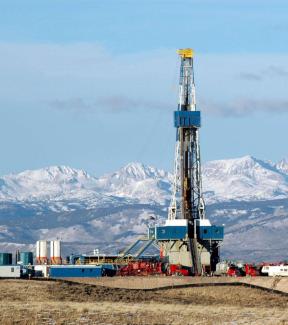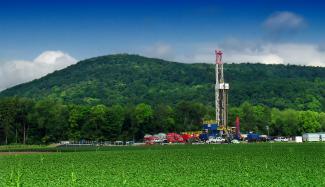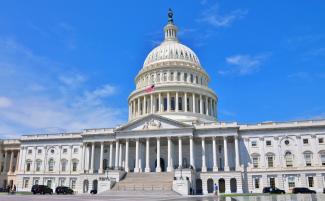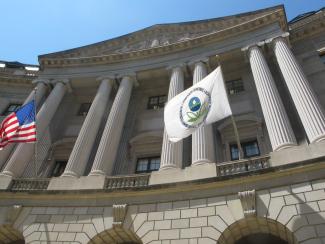Mixed Messages in the Corporate World

When a public company describes the impact of a proposed regulation, it must consider two audiences: regulators and financial markets. It would like to sway the regulator by emphasizing how stringent regulations could cause job losses or reduce investment. But it may wish to convince investors that the company will thrive in the face of any plausible regulatory outcome.








![Food Waste By Taz [CC BY 2.0 (http:/creativecommons.org/licenses/by/2.0)], via Wikimedia C](/sites/default/files/styles/max_325x325/public/images/blog/800px-gi-market-food-waste.jpg?itok=OSYlooka)